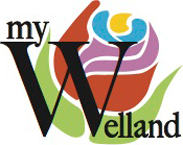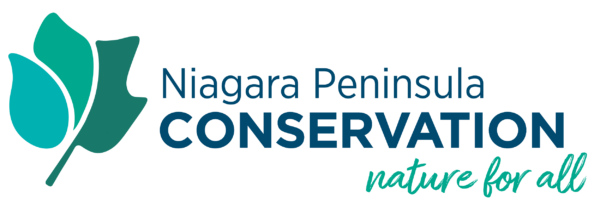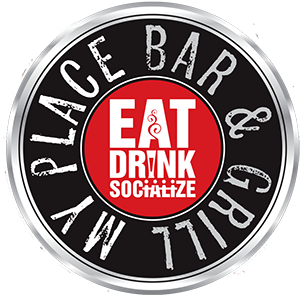One in three Canadians considering “workarounds” to buy a home amidst declining housing affordability in Canada, supply shortages
- Of those Canadians who are considering alternative ways to become homeowners, 54% are Millennials and Gen Z
- 15% of Canadians reported they were able to grow their savings during the pandemic and plan to use these funds as a down payment on a home in the next six to 12 months
- Winnipeg and Regina continue to be two of the more affordable markets in Canada year-over-year, with an average selling price below $350,000
- St. John’s tops the list of most affordable cities in 2021, with an average selling price at $307,619
- 45% of Canadians agree that a national housing strategy would improve their ability to own a home
In a new report exploring housing affordability in Canada in 2021, RE/MAX found that one in three (33%) Canadian homebuyers is exploring alternative options to help them get a foot into the housing market. These include renting out a portion of a primary residence (21%), pooling finances with friends or family to purchase a home (13%) and living with like-minded neighbours in a co-op/shared living arrangement (7%).
According to a Leger survey commissioned by RE/MAX, 42% of Canadians said the high price of real estate was a barrier to entry into the market. This is up just 4% over last year – surprising, given the consistent price growth experienced by housing markets from coast to coast over the past year. Among prospective homebuyers, millennials and Gen Z are most likely to consider alternative regions and communities, and/or financing options to keep affordability in play.
“It’s promising to see Canadian buyers deploying their ingenuity to be able to buy a home, but we must address the urgency of the underlying housing affordability crisis in Canada, which is predominantly systemic,” says Elton Ash, Regional Executive Vice President, RE/MAX of Western Canada. “While we wait for a nationally and municipally supported housing strategy based on an aggressive goal to boost our national inventory of affordable housing, there are regions across the country, especially in Western Canada, that remain accessible to first-time buyers looking to break into the market.”
Key barriers impacting personal housing affordability in Canada, according to consumers:
- a shortfall in salary (26%)
- the fear of rising interest rates (18%)
- the fear of being “house poor” (18%)
- lack of steady full-time employment (16%)
- current levels of household debt (11%)
- the mortgage stress test (11%)




















